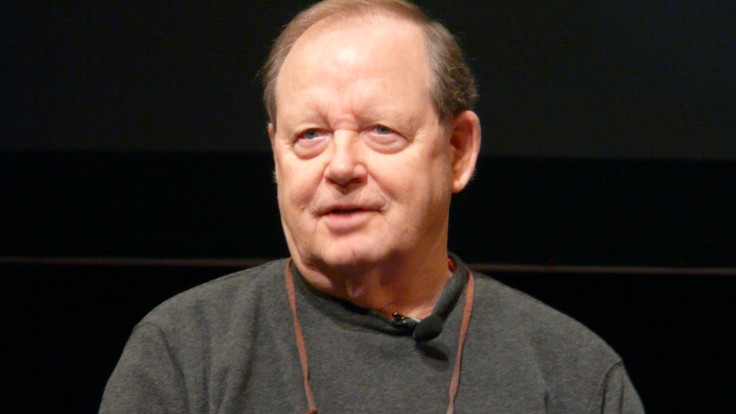Computing pioneer and creator of the internet Bob Taylor dies at 85
Taylor was awarded the National Medal of Technology and Innovation in 1999.

Bob Taylor, one of the most prominent figures of the early years of the internet and modern computing, died at the age of 85 on Thursday (13 April), at his home in the San Francisco Peninsula community of Woodside. His son said he had been suffering from Parkinson's disease.
In 1961, when Taylor was working as a project manager for Nasa, he directed funding to Douglas Engelbart who helped the development of the modern computer mouse.
After a few years, in 1966, he was working for the Pentagon's Advanced Research Project Agency (ARPA), when he helped the creation of a single computer network to link ARPA researchers at companies and institutions, reports Associated Press.
He launched Arpanet, the communication network tool that eventually evolved into the internet. It was built into a system that supplied access to shared resources including encyclopedia to investment advice.
After a few years, Taylor joined at the Palo Alto Research Center (Parc), where he oversaw a team that helped create the Xerox Alto – the first personal computer designed to use a graphical interface – today's "desktops".
The Alto inspired Microsoft's Windows and the interface for Apple's first Mac OS interfaces. The engineering team, which was co-led by Taylor and Jerome I Elkind, helped develop ethernet technology, which allows electronic devices to communicate over internal networks, and the word-processing programs that formed the basis of Microsoft Word.
In 1990s, Taylor was heading the System Research Center in Palo Alto for Digital Equipment Corporation. He retired in 1996, and lived in California the rest of his life.
In 1999, Taylor was awarded the National Medal of Technology and Innovation by US president Bill Clinton.
Taylor, along with fellow Parc researchers Butler Lampson, Charles P Thacker and Alan Kay, awarded the Draper Prize from the National Academy of Engineering in 2004 for developing of "the first practical networked personal computers".
In 2000, Taylor expressed concern over the future of the internet, when speaking to the California Almanac: "There are many worse ways of endangering a larger number of people on the internet than on the highway. It's possible for people to generate networks that reproduce themselves and are very difficult or impossible to kill off.
"I want everyone to have the right to use it, but there's got to be some way to ensure responsibility."
© Copyright IBTimes 2024. All rights reserved.





